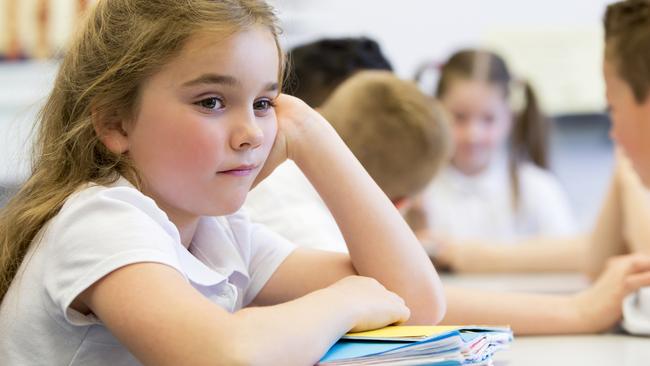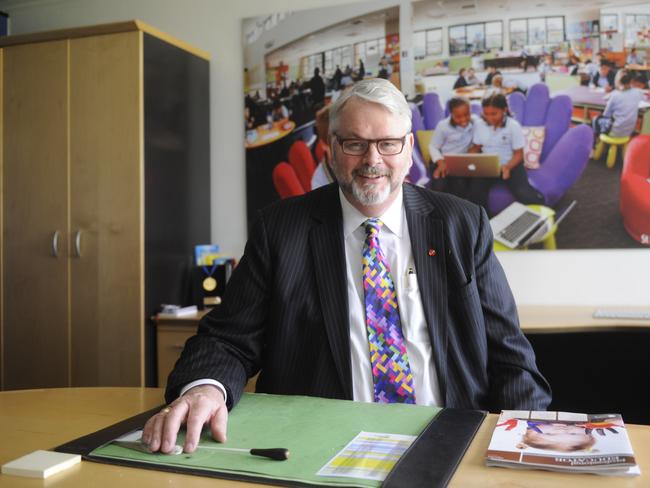Can repeating a year of school help a child who is struggling to keep up?
The decision to hold a child back a year from school can be a difficult one. Often the issues are complex and cannot be solved by an extra year doing the same thing over again.

Parramatta
Don't miss out on the headlines from Parramatta . Followed categories will be added to My News.
The decision to hold a child back a year in school is not an easy one to make.
I know this from personal experience because one of my children repeated a year in primary school.
In my experience, the decision did very little to address the learning issues.
In hindsight there was little benefit to holding our child back.
Research shows that it is often a decision made in the early years of schooling although some parents do opt to hold their child back in high school.
While repeating a year appears to be the simplest solution on the surface, experience shows this isn’t always the best approach and can often lead to other issues such as social isolation.

More often than not, the issues associated with a child struggling to keep pace with learning are very complex and cannot be solved by giving them an extra year doing the same thing over again.
Learning issues need to be carefully unpacked – is it a comprehension issue, is the material too challenging for the child or is it because the teacher hasn’t been able to connect to the child on a relational level?
It takes time and effort to identify the diverse needs of each child. We know that early intervention is often the best strategy to address learning issues. That intervention can never be too early and it allows teachers to properly target the areas of concern using appropriate strategies.
When these are in place, the gap between the individual child and the class can often be closed without taking the child away from their social groups at school, which are so important at a young age.
Admittedly, there may be other reasons that influence a parent’s decision to hold their child back such as social maturity or behavioural issues. Again the evidence is not strong on the benefits of holding a child back and some studies show it can make the issues worse.
The take home message to parents is that intervention becomes even more powerful when it involves the student, their parents and teachers.
This creates opportunities to maximise the outcomes and to ensure appropriate resources are in place at home and school.
To paraphrase the old adage – it really does take a community to raise a child.
Greg Whitby is executive director of schools at the Catholic Diocese of Parramatta.
Follow him on Twitter @gregwhitby


